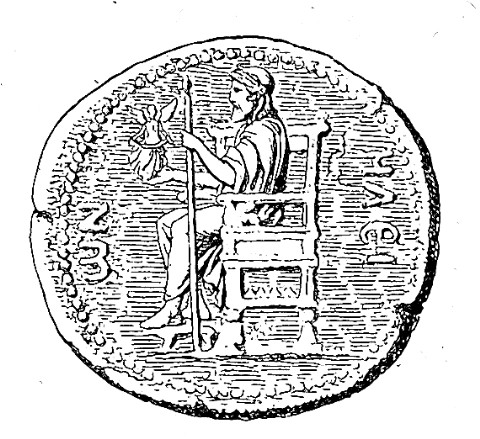American Christians generally use “logos” (if they use it) in the sense that Aristotle wants to use it: For Aristotle, logos is something more refined than the capacity to make private feelings public: it enables the human being to perform as no other animal can; it makes it possible for … Continue reading
Sola Scriptura in the Middle Ages
The doctrine of Sola Scriptura was once understood in a total sense: that is, as a call to assimilate one’s self to the Logos of God through meditation (often on the Psalms), & to preach this Gospel to every aspect of Life. The faith was not a matter of private … Continue reading
The Bible of Amiens
Romanides argues that the Franks decimated Roman urbanization & established feudalism in an effort to maintain a precarious grip on overextended power from their home bases: “In the time of Pippin of Herestal (697-715) and Charles Martel (715-741), many of the Franks who replaced Roman bishops were military leaders who, … Continue reading
Liturgy and the Logos
A popular refrain I hear from fellow Protestants is that “meaningless rituals”, gestures, “smells and bells”, or vain repetitions (a Scriptural phrase) won’t help find favor with God. While I am certain that ritual can (and does) degenerate into “those of darkness” who are fascinated with the dead (Rene Guenon) … Continue reading
The Orthodox Word (continued)
Speaking of the “Dark Ages”, the Orthodox Word tract (Forming the Soul, by Sisters of St. Xenia’s Skete): “He treasured hierarchy because it was for him a reminder of God. His whole world was an endlessly unfolding, interlocking allegory of the majesty and love of God. He rejoiced in the … Continue reading
The Soul of Jupiter

Tomberg emphasizes that there is a “Self Beyond the Self”, which Christians call God, as well. However I am not so certain, speaking even as a Christian, that these types of debates are more a matter of method & emphasis, rather than absolute substance. Continue reading
The Path of Blue Flowers
You ask me what I mean by ideas when I say that they are the only permanent thing in man and that they alone deserve one’s lifetime attention. Ideas are first of all opposed to ephemeral external things and to the sensations, desires, and passions directly referring to them. Continue reading
